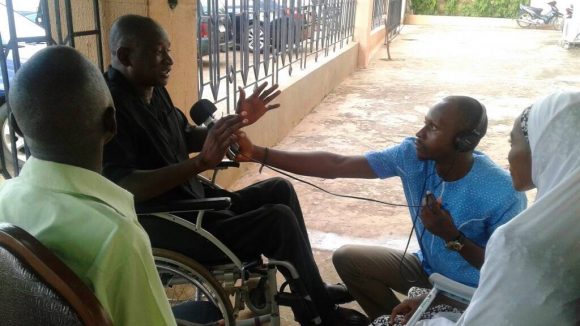Supporting people with disabilities during COVID-19
Find out about our disability-inclusive COVID-19 work in Kenya, Nigeria, Tanzania and supporting the UK government.
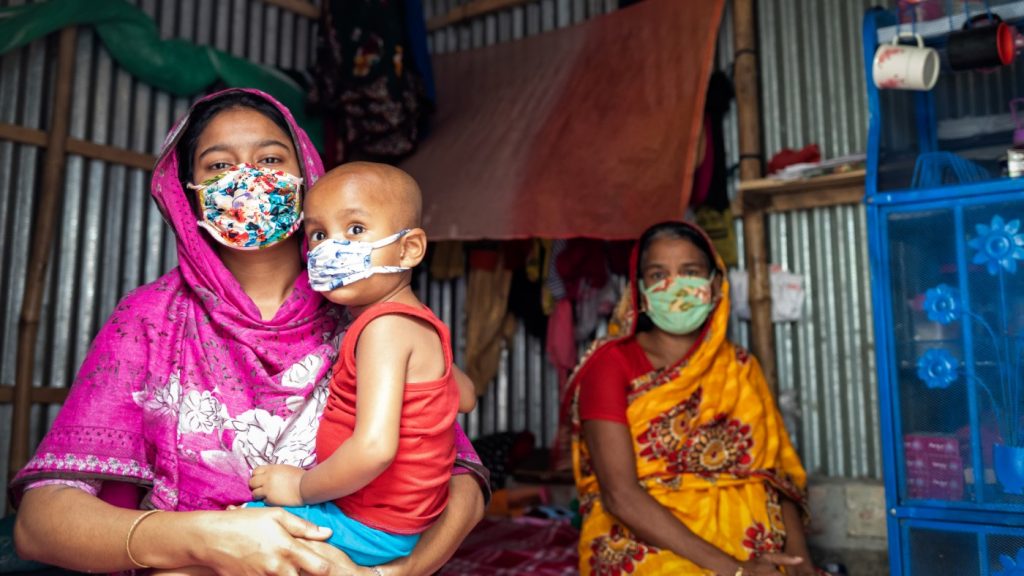
Kenya
In Kenya, we work with businesspeople with disabilities to link them up with bigger companies and improve their supply chains.
The COVID-19 pandemic and its associated movement restrictions have had a dramatic impact on these microentrepreneurs, leaving them with no income. In some cases their closed shops have been robbed of their stock.
We’ve supported them to safely keep their businesses open and teamed up with other organisations to reduce the impact of COVID-19 measures on people with disabilities.
In the coming months we’ll be helping entrepreneurs to build more resilient businesses, including developing marketing materials, building their online presence and pivoting their businesses to meet customer demands, so they have greater protection from the impact of crises like COVID-19.
Nigeria
We’re making sure that people with disabilities are included in public service broadcasts about COVID-19.
Radio programmes run by Inclusive Futures partner BBC Media Action have exposed the discrimination people with disabilities face, including someone who was attacked while he helped to distribute essential items to people with disabilities.
People with disabilities have also featured on programmes about COVID-19 to normalise their involvement in discussions as equal members in society. For example, the chairman of the Nigerian Association of Lawyers with Disabilities featured on a panel programme and highlighted that guidance about COVID-19 is often inaccessible for people with disabilities, especially people with visual or hearing impairments.
BBC Media Action has worked with disabled people’s organisations to produce and broadcast 10 episodes of two weekly radio magazine programmes: Talk Your Own, an English-language programme broadcast on 138 radio stations; and Mu Tattauna, in the Hausa language, which was broadcast on 44 radio stations, reaching about 40% of the Nigerian population in seven states.
Training about disability inclusion with 130 media professionals from 53 local TV and radio stations has led to 46 programmes being produced.
Supporting the UK government: Disability Inclusion Helpdesk
The Disability Inclusion Helpdesk, run by Inclusive Futures partner Social Development Direct, provides a research and advice service about disability inclusion for the UK government, including the Foreign, Commonwealth and Development Office (FCDO).
The helpdesk has been an important resource for FCDO throughout its COVID-19 response. It has provided specific evidence and tailored technical assistance to busy teams working on research and programmes for economic development, inclusive education and social protection.
A helpdesk paper on the likely impacts of COVID-19 on people with disabilities has been used by FCDO and the wider government, as well as being cited in reports by Unicef and the UN.
External links
- The impacts of COVID-19 on people with disabilities: a rapid review www.sddirect.org.uk
- United Nations policy brief: A disability-inclusive response to COVID-19 www.un.org
- Unicef: children with disabilities and COVID-19 www.reliefweb.int
Supporting the UK government: secondments
Inclusive Futures secondments into the Department for International Development (DFID) support teams to monitor and develop work to meet the department’s Disability Inclusion Strategy.
Through the pandemic the secondees, who are based in the UK and Kenya, have been providing technical support on inclusive COVID-19 responses to DFID partners, sharing information about disability inclusion and developing resources to assess disability inclusion.
Secondee Shikuku Obosi wrote a piece published by Devex about how harmful some language used in relation to the pandemic is to people with disabilities and underlying conditions.
External links
- Opinion: We need to change the language around COVID-19 www.devex.com
Find out more
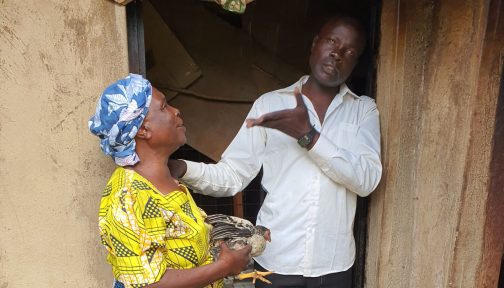
Losing your income during COVID-19: how Inclusive Futures is supporting people with disabilities
Worldwide, many people with disabilities have lost part or all their income as a result of restrictions imposed to control COVID-19. Inclusive Futures is providing immediate relief and long-term support for people with disabilities.
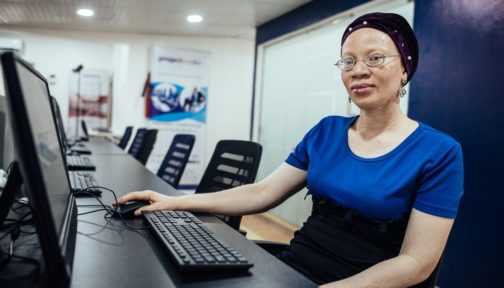
Jobseekers with disabilities and COVID-19
When COVID-19 struck, many people with disabilities were already taking part in our Inclusive Futures formal employment programme. The pandemic has had a significant impact: some people have lost their jobs, while others fear the economic impact of COVID-19 will reduce their chances of getting work. Here they share their stories.
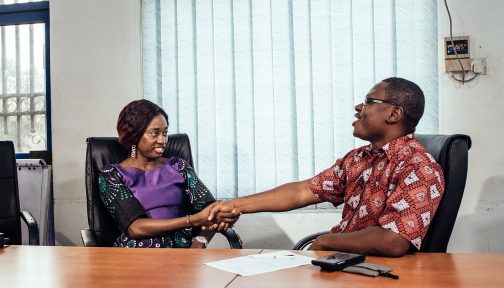
Inclusive business recovery post COVID-19
The challenges for jobseekers with disabilities were complex before the economic impact of COVID-19. Now they not only have to overcome barriers of stigma and discrimination, but also convince businesses, which are struggling to stay afloat, that inclusion should still be a priority.
